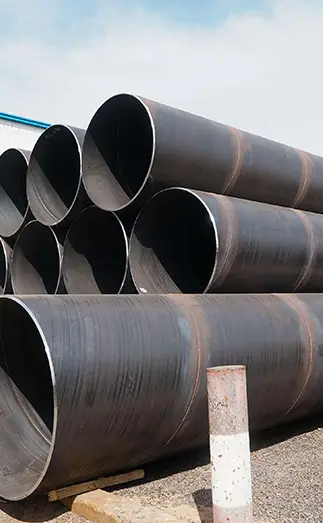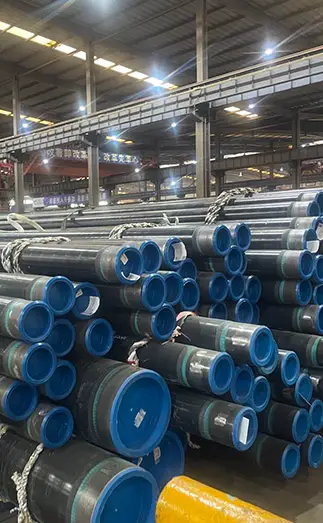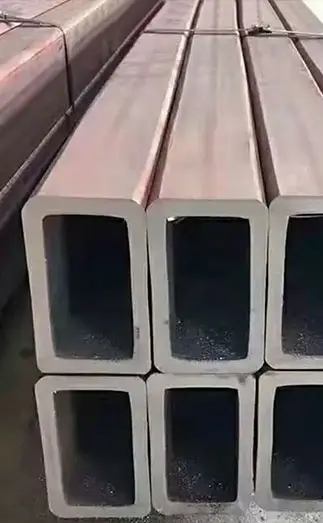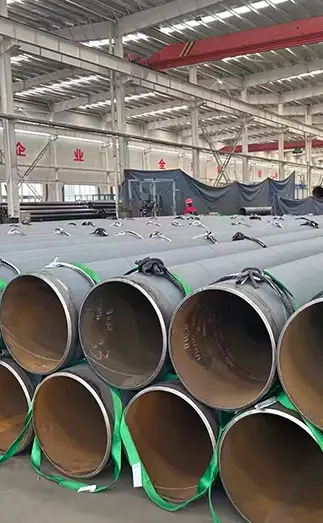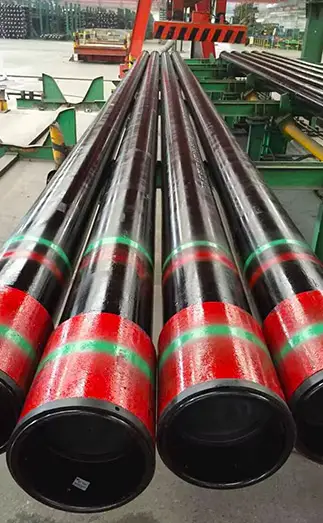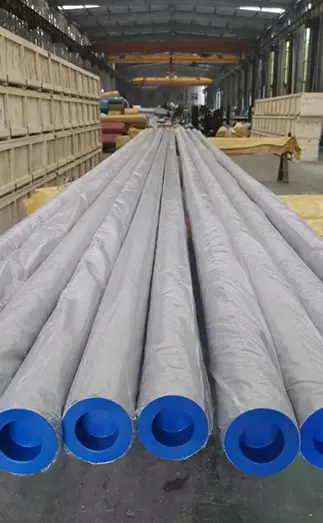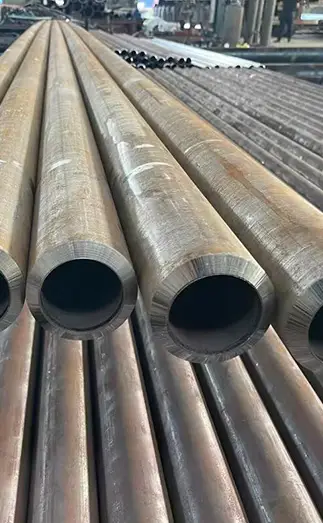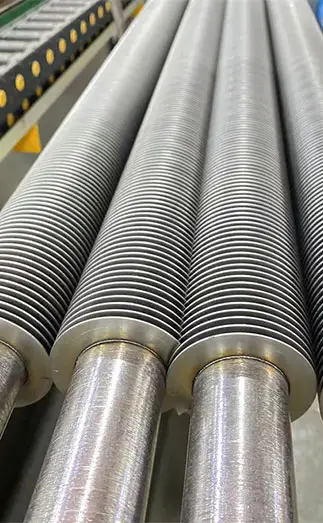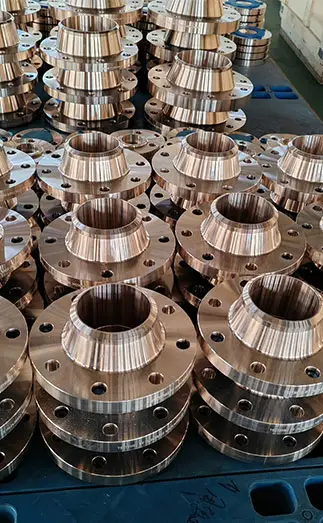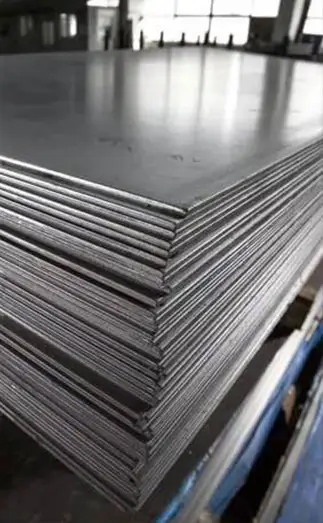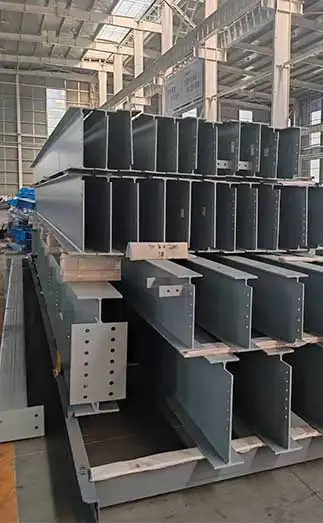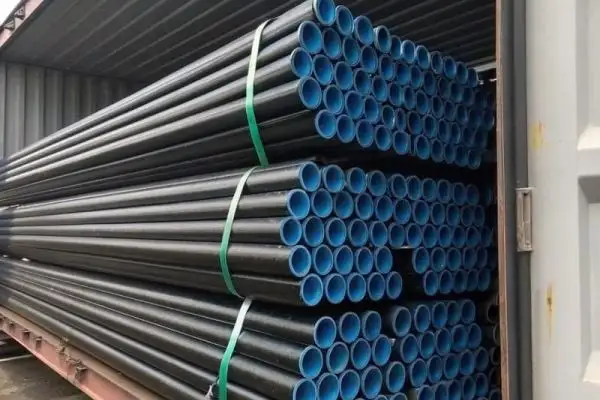LSAW (Longitudinal Submerged Arc Welded) steel pipes are primarily used for high-pressure fluid transmission, oil and gas transportation, and structural purposes. The chemical composition and mechanical properties of LSAW steel pipes are critical for ensuring their performance and reliability in demanding environments.
1. Chemical Composition
The chemical composition of LSAW steel pipes is defined based on the steel grade used in their manufacturing. Common steel grades include API 5L (for oil and gas pipelines) or ASTM A252 (for structural applications). The following elements are generally controlled in the steel's composition:
Carbon (C): Typically 0.22% or lower to maintain ductility and toughness, particularly for grades like X42 or X65.
Manganese (Mn): Enhances strength and toughness, usually around 1.20% to 1.60%.
Silicon (Si): Typically between 0.15% and 0.45% to enhance strength.
Phosphorus (P) and Sulfur (S): Kept at low levels (usually less than 0.030%) to improve weldability and reduce brittleness.
Other Alloying Elements (optional based on specific grades):
Nickel (Ni), Chromium (Cr), Molybdenum (Mo), Copper (Cu), and Vanadium (V) are sometimes added to enhance corrosion resistance, strength, and toughness.
For instance, in API 5L X65 grade LSAW pipes:
Carbon: Max 0.22%
Manganese: 1.25-1.45%
Phosphorus: Max 0.025%
Sulfur: Max 0.015%
2. Mechanical Properties
Mechanical properties of LSAW steel pipes are essential to ensure their performance under load and in various environmental conditions. These properties include:
Tensile Strength: The ability of the pipe to resist breaking under tension. For API 5L X65, tensile strength is typically around 535 MPa (megapascals).
Yield Strength: The stress at which the pipe begins to deform permanently. For API 5L X65, yield strength is generally 450 MPa.
Elongation: The degree to which the pipe can stretch before breaking, typically measured as a percentage. For API 5L X65, elongation is usually around 21-22%.
Toughness (Impact Strength): Ability to absorb energy and resist fracture, measured through impact testing, especially important in low-temperature environments.
Hardness: Indicates the material's resistance to indentation, often linked to wear resistance and durability.
3. Standards and Testing
To ensure the quality of LSAW pipes, several international standards apply, including:
API 5L (for oil and gas pipelines),
ASTM A53/A252 (for structural pipes),
ISO 3183, and others.
Mechanical properties are usually verified through tests like:
Tensile test,
Charpy V-notch impact test (for toughness),
Bend test (to check the flexibility of the weld and material),
Hardness test (Brinell, Rockwell, or Vickers).
LSAW pipes combine robust chemical composition and mechanical properties, making them suitable for demanding applications such as oil and gas pipelines, where high strength, toughness, and weldability are essential.



 English
English Español
Español Français
Français بالعربية
بالعربية